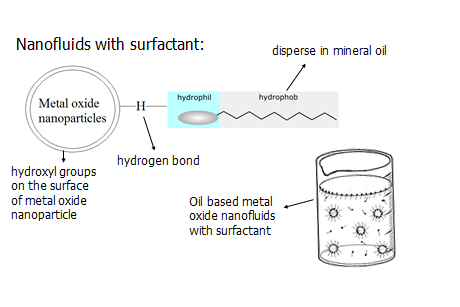Nanofluids in HV applications

Project description
In many fields of high voltage (HV) engineering, electrical and thermal stress increase due to an ongoing decrease of product dimensions. Mineral oil plays an important role in many HV systems, i.e., it is used as electrical insulation and as a heat transporting medium. For a further reduction of product size and product weight, it is essential to improve both the electrical and the thermal properties of the oil.
The goals of this project are to improve the breakdown strength and thermal conductivity of mineral oil by introducing nanoparticles and to understand the mechanisms behind the property changes made by introducing nanoparticles into mineral oil.
The term “nanofluids” was introduced by researchers at the Argonne National Laboratory and refers to a two-phase mixture, containing a liquid phase which is the host, and dispersed nanoparticles in suspension. A nanofluid (NF) is a heat transfer fluid, in which a small amount of nano-sized materials (nanoparticle, nanofibers, nanotubes, nanowires, nanorods or nanosheets) is stably suspended in a traditional heat transfer fluid (such as mineral oil, water and ethylene glycol)